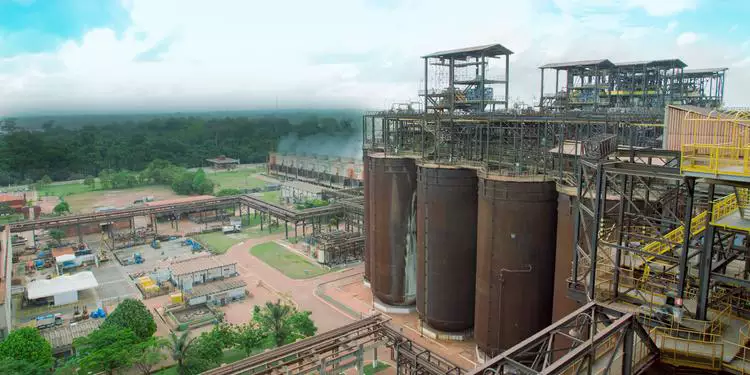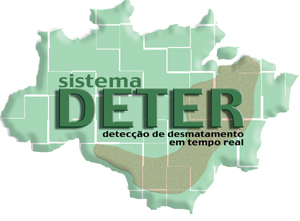The state government will now be able to charge Alunorte, the largest alumina producer in the world outside of China, for the transfer of the energy it consumes. Judge Filomena Buarque revoked the decision of the judge of the 6th district court of Belém, who, in an interim injunction, had suspended the enforceability of the tax credit. He also ordered the issuance of a positive certificate with the effect of denial of state taxes and to prevent the State from seizing Alunorte’s goods due to the expiration of the infraction notices. The decision was published in yesterday’s Official Gazette.
Alunorte appealed to avoid being required to collect the ICMS levied on the Tariff for Use of the Electric Energy Transmission System, the TUST. However, the State argued in its appeal that electric energy is a commodity and the tariff is intended “to reflect the use of the transmission network by the consumer through the impact on the power flow.”
Furthermore, the consumption of electricity “presupposes the necessary transportation to the consumer, the cost of which is reflected by the TUST, which is why it is included in the final amount to be paid by the consumer and, consequently, forms part of the ICMS calculation basis, in accordance with current legislation”.
The appeal by the state attorney’s office states that the Pará ICMS regulation “assigns to the consumer of electricity connected to the basic network the responsibility for paying the tax due for the connection and use of the electricity transmission systems upon entry into their establishment”.
It points out what it considers to be a “mistake in the STJ’s Jurisprudence on the subject, insofar as it is based on mistaken assumptions, namely that the transmission of electricity would be transportation and, further, that the transmission would be the transfer of goods between establishments of the same taxpayer”. On the contrary, it claims that the company uses electricity in the process of industrialization and/or commercialization of other products.
For this reason, it would not benefit from the constitutional provision according to which the industrialization of electrical energy is exempt from the incidence of ICMS. Thus, it would be impossible to suspend the enforceability of the tax credit, as Alunorte did, by offering a bank guarantee letter, while appealing to the courts to avoid paying the tax.
In her analysis of the request from the State Attorney General’s Office, Judge Filomena Buarque notes that the transmission of large quantities of electrical energy over long distances is carried out through a network of transmission lines and substations, paid for by the collection of TUST.
Recently, based on an ICMS agreement from 2004, the member states, under the argument that electrical energy is a commodity, began to charge ICMS on transactions involving such product. In addition to technical arguments, they invoked the very reason for the existence of ICMS, “ingeniously designed to mitigate regional inequalities”. This understanding leads to the consequence that the tax must be equally charged at the destination, “so that the importing State is assured of receiving the full proceeds of its collection, since only then will the value of the transaction include all costs incurred, from generation to the entry of the electric energy into the consumer’s establishment”. With this incidence, “there would be no unequal treatment for the consumer, who buys the electric energy in the State itself, benefiting those who buy in the neighboring State, thus intensifying the infamous tax war”, says the judge’s ruling.
The Superior Court of Justice has already ruled that the consumption of electric energy presupposes transmission, “which is why it is inevitable that its cost be part of the ICMS calculation basis”. In this context, whether it is a transportation activity, to which the transmission of energy is equivalent, or the transmission fee as the cost of the energy transported, its taxation would be legitimate. “An understanding to the contrary would ultimately mean ensuring that large buyers, who already purchase energy at a much more competitive price on the market, receive preferential tax treatment that the legislator did not grant to residential consumers,” the judge acknowledged. She decided to grant the suspensive effect requested by the State, provisionally authorizing it to collect the tax until a decision on the merits is made.
The Norwegian multinational Norsk Hydro owns both Alunorte and Albrás, which uses this input to obtain the metal. Albrás, the 8th largest primary aluminum plant in the world, is also the largest individual consumer of energy in the country, with more than 1% of all national demand. If the measure is maintained, both will make a significant collection of resources for the state coffers.








